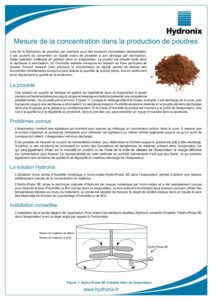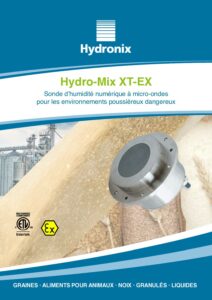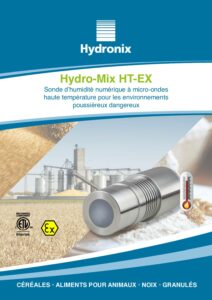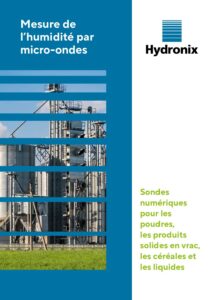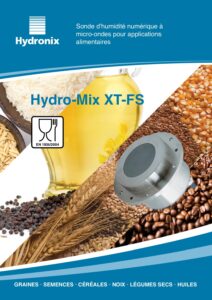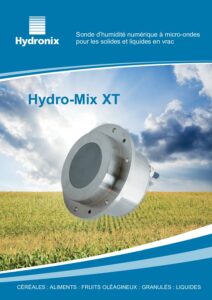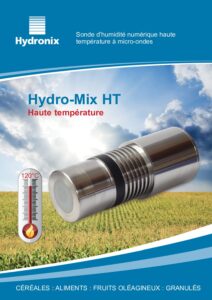Production alimentaire
Le principal avantage de la mesure d’humidité dans l’industrie de l’alimentation et des boissons est que le produit final sera homogène et le procédé sera contrôlé avec efficacité.
Le contrôle de l’humidité aide à réduire la détérioration ou le gaspillage de produits, à réduire les frais d’énergie en contrôlant les sécheurs avec efficacité, et également à réduire les interruptions pendant le procédé.
Matériaux typiques
- Café
- Cacao
- Farine
- Blé
- Orge
- Riz
- Autres aliments
Produits associés
Avantages clés

Durabilité
- Réduisez votre empreinte carbone
- Économisez l’énergie
Qualité
- Moins de gaspillage
- Produits finis uniformes
Productivité
- Augmentez le rendement de production grâce à une utilisation efficace des matériaux
- Tirez parti des contrôles instantanés en ligne qui éliminent les tests manuels
Rentabilité
- Réduisez vos déchets
- Réduisez votre consommation d’énergie
- Automatisez les processus
Retour sur investissement
- Bénéficiez d’un retour sur investissement moyen de 3 mois
- Pas besoin de contrats d’entretien continus et onéreux
Utilisation des ressources
- Augmentez l’efficacité globale de votre équipement
- Réduisez les interruptions imprévues
Contenu associé
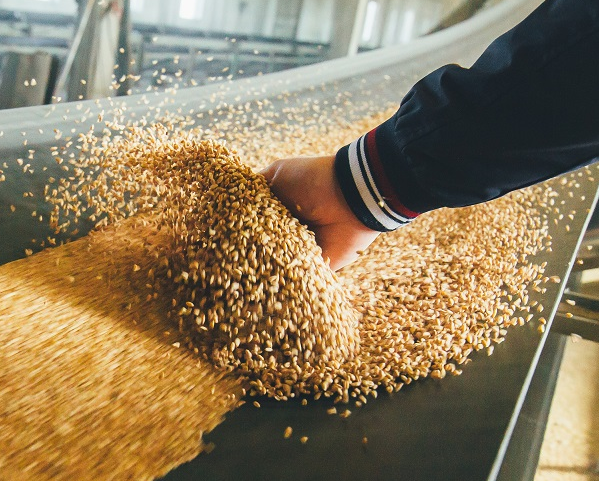
7 things to consider when improving moisture control in food production
In the manufacture of foodstuffs, achieving the right moisture content is paramount. Too little moisture in the ingredients and the product might go stale too quickly or have an incorrect…
Lire la suite
Coffee – Finding the perfect moisture from bean to cup
Getting the perfect cup of coffee has many steps before you can enjoy that rich aroma and taste, and controlling moisture is essential to ensure the highest quality. We…
Lire la suite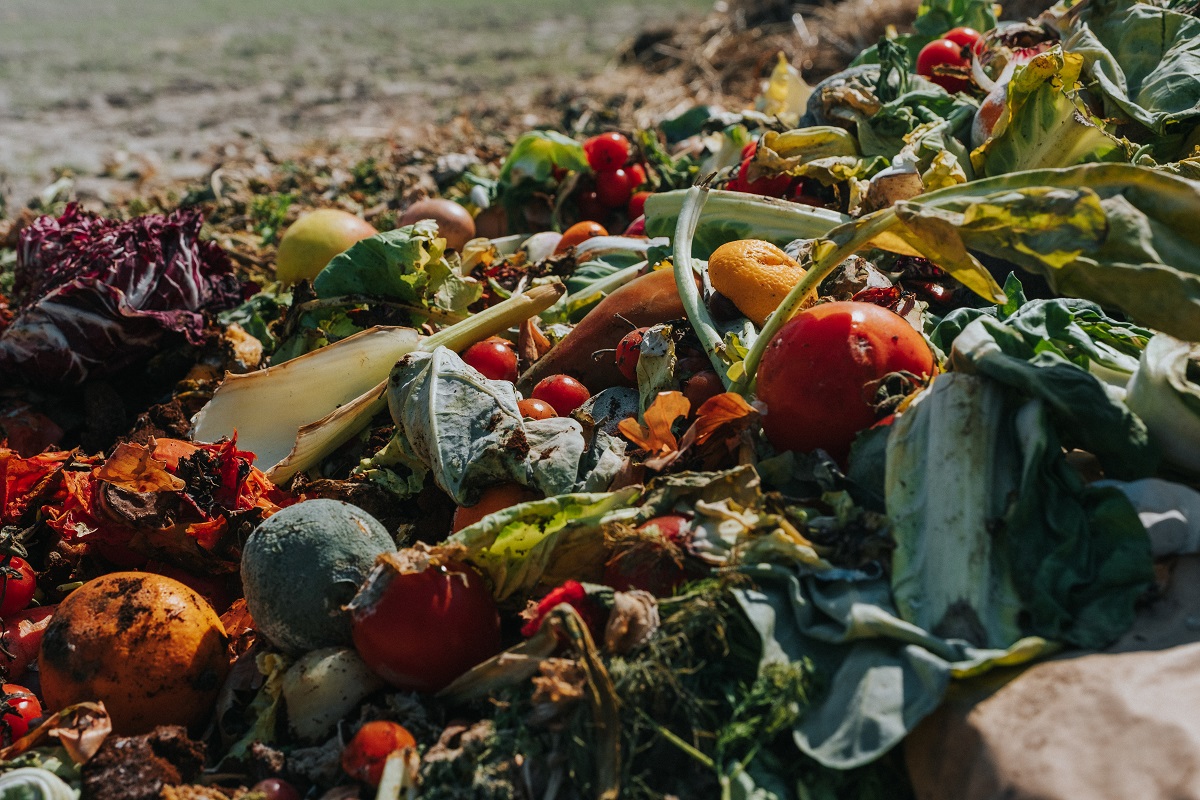
Controlling Moisture to Minimise Food Waste
Food is a vital and valuable commodity, yet according to Earth.Org1 around one-third of the world’s food, amounting to 1.3 billion tons, is either lost or wasted. The benefits of…
Lire la suite
Using Moisture Control to reduce the environmental impact of Agri-Food processing
Few people realise that around 30% of the world’s energy is consumed by agri-food systems [1]. Energy is also responsible for a third of agri-food systems’ greenhouse gas emissions. Given…
Lire la suite






